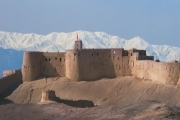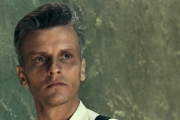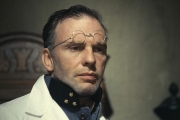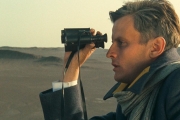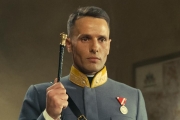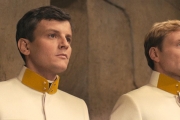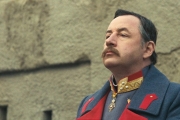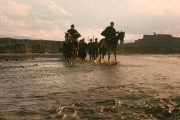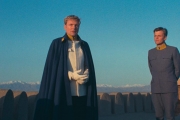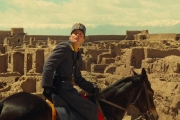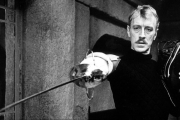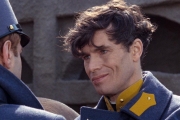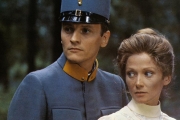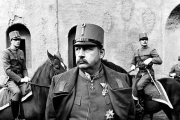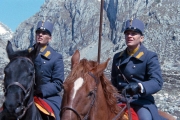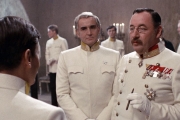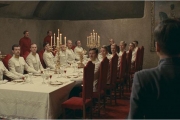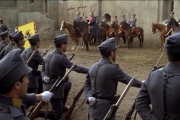Synopsis
In 1900, young Lieutenant Drogo, just graduating from the military academy, is commissioned to the fortress of Bastiano on the eastern border of the Austro-Hungarian Empire. The soldiers of this outpost, at the edge of an immense desert, are charged to protect the Empire from an eventual attack of the dreadful Tartars. But it is actually time which will turn out to be the greatest threat to these men. In this never-ending wait for an enemy that never reveals itself and whose existence becomes uncertain, this group of officers attempts to hold on to the rigid values of a crumbling military order.
Le Désert des Tartares, a psychological drama released in 1976, is the last film made by Valerio Zurlini. Through an austere and almost abstract stage direction distinguished by the contributions of director of photography Luciano Tovoli, the director draws a parallel between the maze of the sand fortress and the soldiers’ states of mind.
Credits
Director: Valerio Zurlini
Cinematographer: Luciano Tovoli
Screenwriter: André G. Brunelin, adapted from the novel Il deserto dei Tartari by Dino Buzatti
Producers: Jacques Perrin, Michelle de Broca
Cast
Vittorio Gassman • Jacques Perrin
Philippe Noiret • Jean-Louis Trintignant
Giuliano Gemma • Helmut Griem
Francisco Rabal • Fernando Rey
Schedule & Presentation
![]() Presentation by and discussion with producer and actor Jacques Perrin and cinematographer Luciano Tovoli
Presentation by and discussion with producer and actor Jacques Perrin and cinematographer Luciano Tovoli
More information
Choose a picture to see the filmography (source : IMDB)
![]()
It had become impossible to see on the silver screen Le Désert des Tartares, this unique and faithful adaptation of the well-known 1940 novel by Dino Buzzati. The restoration of the film, which was presented at the Cannes International Film Festival in 2013, constitutes a veritable “rebirth”.
The wait had been even longer than the one experienced by young Lieutenant Drogo: it took 37 years to finally have the possibility to see again, and at last, Le Désert des Tartares, the masterpiece of Valerio Zurlini. With its prestigious international casting, the film is without a doubt the strongest work of the Italian director. The original score by Ennio Morricone adds to the silence, the sense of expectation, and the melancholy dramatized in the film.
“From the first tests we did on the negative, the richness of its content deeply astonished, overwhelmed us”, remembers Angelo Cosimano, formally with Digimage Classics, the company that completed the 4K restoration from the original negative under the supervision of Luciano Tovoli, the cinematographer for the film. Likewise, the color grading was done in record time, a testimony to the high quality of the shots of that time. The restoration of the film’s sound was completed by Gérard Lamps who had to grapple with a monophonic soundtrack combining dubbed international stars and French celebrities with very familiar voices to a French audience. The restoration, financed by the CNC program for restoration and digitalization of French heritage films, was initiated by Jacques Perrin, the original co-producer and actor of the film in 1976.




